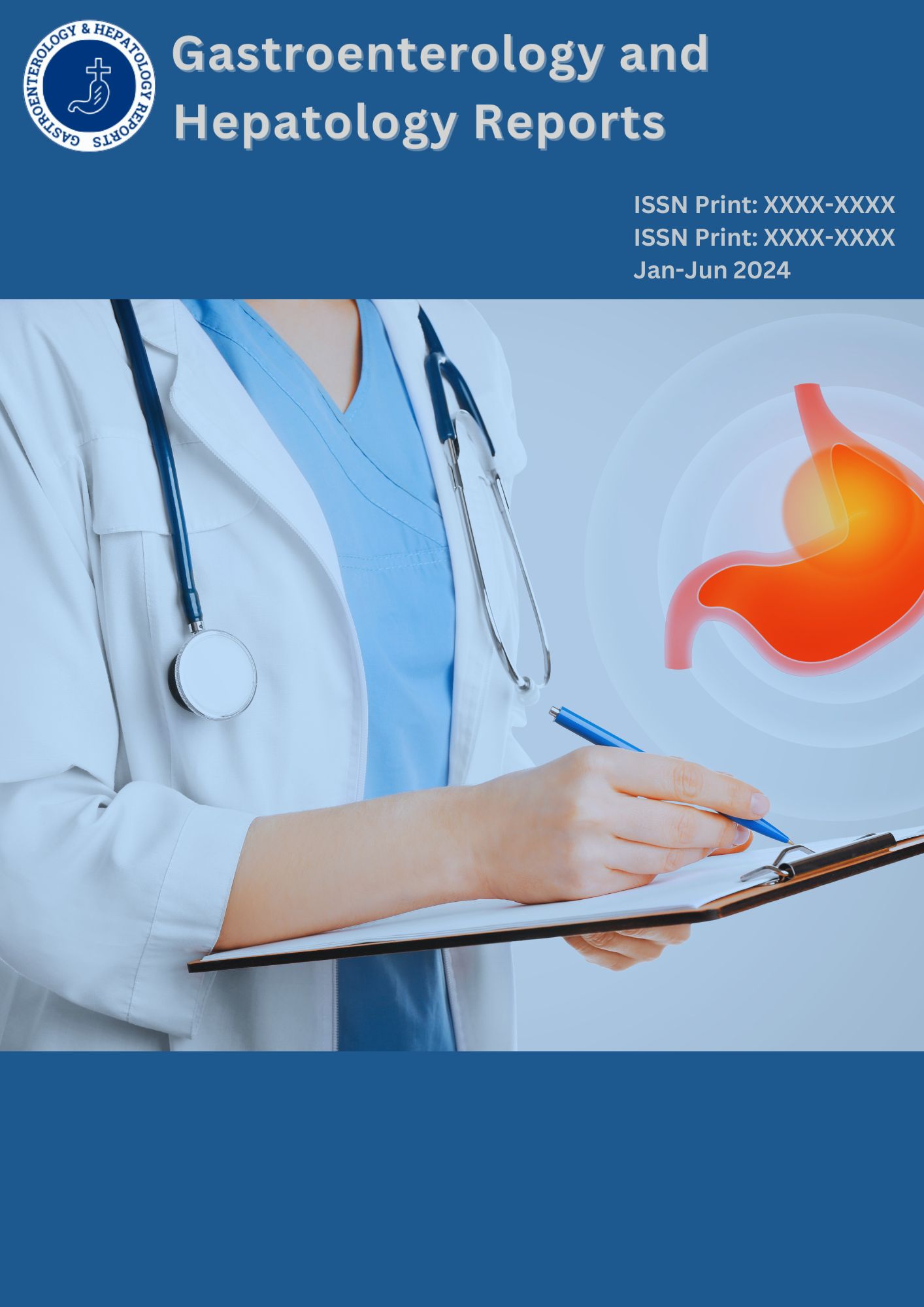
Publication Ethics & Malpractice Statement
Gastroenterology and Hepatology Reports (GHR) is committed to upholding the highest standards of publication ethics to ensure the integrity, transparency, and quality of its published content. This statement outlines the ethical guidelines and malpractice policies to be followed by all participants in the publication process, including authors, reviewers, editors, and publishers.
1. Responsibilities of Authors
1.1 Originality and Plagiarism
Authors must guarantee that their submissions are entirely original. Any use of others' work must be properly cited or quoted. Plagiarism in any form, including self-plagiarism, is unacceptable and will result in rejection.
1.2 Data Accessibility and Retention
Authors may be requested to provide raw data for editorial review and should be prepared to make it publicly available when feasible. Data should be retained for a reasonable period following publication.
1.3 Duplicate or Concurrent Submission
Authors must not submit the same research to multiple journals simultaneously. Submitting identical manuscripts to multiple journals constitutes unethical behavior and is strictly prohibited.
1.4 Acknowledgment of Sources
All sources and works that influenced the research must be appropriately cited. Proper acknowledgment of others' contributions is mandatory.
1.5 Authorship
Authorship should reflect significant contributions to the study's conception, design, execution, or analysis. All co-authors must approve the final manuscript before submission. The corresponding author assumes responsibility for ensuring all contributors are properly credited.
1.6 Conflicts of Interest and Financial Disclosure
Authors must disclose any conflicts of interest or financial support that might influence the results or interpretation of their research. Full transparency is expected.
1.7 Corrections of Errors
If an author identifies a significant error in their published work, they are required to inform the journal promptly and cooperate in correcting or retracting the article.
2. Responsibilities of Editors
2.1 Publication Decisions
Editors are responsible for deciding which manuscripts will be published. These decisions are based on the manuscript’s significance, originality, clarity, and relevance to the journal’s focus. Legal considerations regarding libel, copyright infringement, and ethical breaches are also taken into account.
2.2 Equity and Fair Evaluation
Manuscripts are evaluated solely on their intellectual merit, without discrimination based on the authors' race, gender, ethnicity, religious beliefs, citizenship, or political views.
2.3 Confidentiality
Editors and journal staff must maintain strict confidentiality regarding submitted manuscripts. Information about submissions must not be disclosed to anyone other than those directly involved in the editorial process.
2.4 Conflict of Interest
Unpublished material from submitted manuscripts must not be used for an editor's personal research without explicit written consent from the authors. Privileged information gained through the editorial process must be kept confidential and not used for personal advantage.
3. Responsibilities of Reviewers
3.1 Contribution to Editorial Decisions
Reviewers provide valuable feedback to editors, assisting in publication decisions and helping authors improve their manuscripts through constructive critiques.
3.2 Timeliness
Reviewers who cannot complete their reviews promptly or feel unqualified to assess a manuscript must notify the editor and excuse themselves from the review process.
3.3 Confidentiality
Manuscripts under review are confidential documents. Reviewers must not share or discuss the content with others, except as authorized by the editor.
3.4 Objectivity and Constructive Criticism
Reviews must be objective and free from personal bias. Constructive feedback should be clear and supported by logical arguments. Personal criticism of authors is inappropriate.
3.5 Source Acknowledgment
Reviewers should identify instances where authors have not cited relevant prior work. They must notify the editor of any significant overlap between the manuscript and other published content.
3.6 Conflict of Interest
Reviewers must not assess manuscripts where they have conflicts of interest due to personal, professional, or financial relationships with any of the authors, institutions, or organizations associated with the manuscript.
Gastroenterology and Hepatology Reports (GHR) is dedicated to fostering a culture of academic integrity and ethical publishing. All stakeholders are expected to comply with these guidelines to maintain the quality and reliability of the journal’s content.




